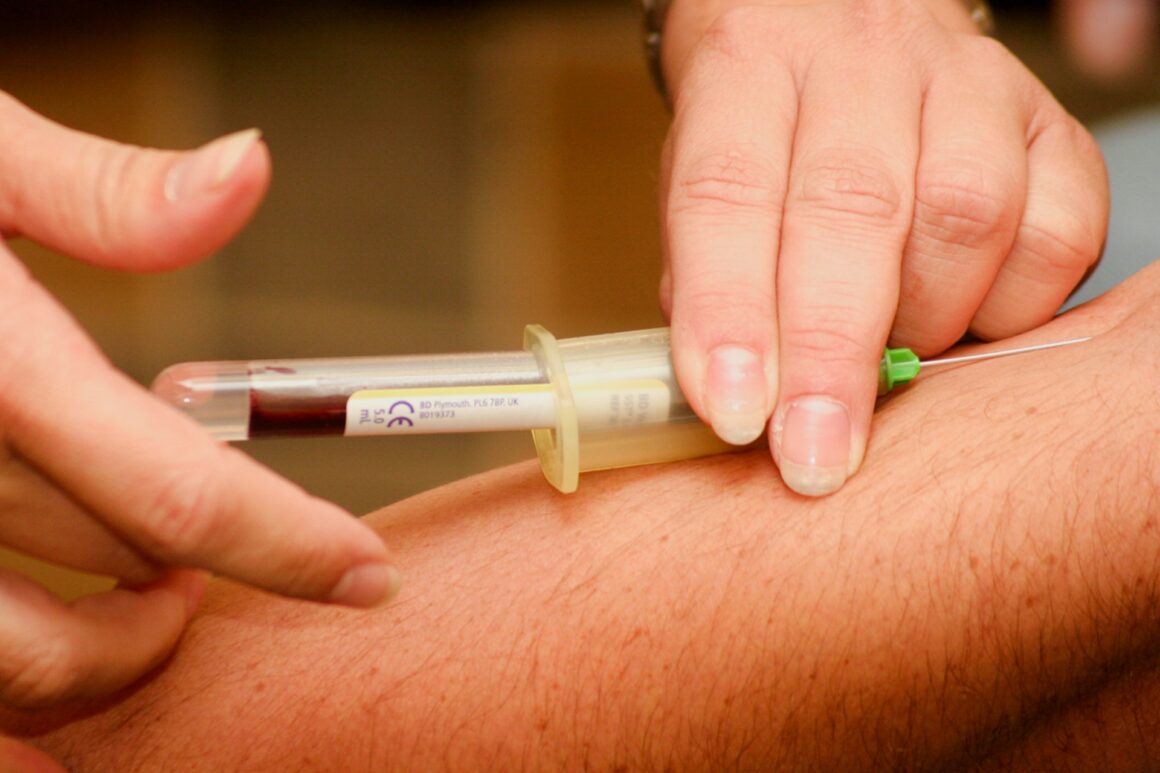In the vast universe of health and wellness, cholesterol often garners attention, sparking discussions among healthcare professionals and individuals alike. Its dual nature, embodying both essential biological functions and potential health risks, makes it a topic of significant interest. This article delves into the essence of cholesterol, unraveling its complexities and offering strategies to maintain its balance for healthful living.
What Exactly Is Cholesterol?
Cholesterol is a waxy, fat-like substance present in every cell of your body. It plays several crucial roles, including the formation of cell membranes, the production of hormones like testosterone and estrogen, and aiding in the synthesis of vitamin D. The liver produces the majority of the body’s cholesterol, with the remainder coming from dietary sources, particularly animal products.
There are two main types of cholesterol: High-Density Lipoprotein (HDL), known as “good” cholesterol, and Low-Density Lipoprotein (LDL), often dubbed “bad” cholesterol. LDL carries cholesterol to cells throughout the body, potentially leading to plaque buildup in arteries. Conversely, HDL carries cholesterol away from the cells and back to the liver, where it’s broken down or expelled from the body.
Managing Cholesterol: Strategies for a Balanced Life
Balancing cholesterol levels is paramount for preventing heart disease and maintaining overall health. The following strategies are effective ways to manage cholesterol:
Embrace a Heart-Healthy Diet
A diet rich in fruits, vegetables, whole grains, and lean proteins can have a profound impact on lowering LDL cholesterol. Foods high in saturated fats and trans fats increase cholesterol levels, so it’s wise to limit them. Incorporating foods rich in omega-3 fatty acids, such as salmon and flaxseeds, can also support heart health.
Engage in Regular Physical Activity
Exercise plays a pivotal role in improving heart health and can help raise HDL cholesterol levels. The American Heart Association recommends at least 75 minutes of vigorous exercise or 150 minutes of moderate-intensity aerobic exercise per week.

Even simple activities, such as walking, can make a significant difference. Incorporating a structured plan, such as a 30-Day Cholesterol Reduction Guide, can provide a well-rounded approach to increasing physical activity and improving cholesterol levels. This method not only encourages a consistent exercise routine but also emphasizes the importance of gradual lifestyle changes for long-term health benefits.
Maintain a Healthy Weight
Excess weight can elevate LDL levels and decrease HDL levels. Losing weight, even just a small amount, can help improve your cholesterol profile. Strategies such as mindful eating and regular physical activity are beneficial in achieving and maintaining a healthy weight.
Consider Medication if Necessary
In some cases, lifestyle changes may not be sufficient to bring cholesterol levels within the desired range. Medications, such as statins, are effective in lowering LDL cholesterol and are often prescribed based on individual risk factors for heart disease.
Monitor Your Cholesterol Levels
Regularly checking your cholesterol levels through blood tests can provide valuable insights into your heart health. These tests measure total cholesterol, LDL, HDL, and triglycerides, another type of fat in the blood. Based on the results, your healthcare provider can recommend appropriate actions or treatments.
The Final Verdict: Balancing Cholesterol for Health and Longevity
Cholesterol, despite its reputation, is a fundamental component of our biology and is instrumental in various physiological processes. However, its management is crucial for preventing cardiovascular diseases and ensuring a long, healthy life. By adopting a balanced diet, staying active, maintaining a healthy weight, considering medication when necessary, and regularly monitoring cholesterol levels, individuals can effectively manage their cholesterol. This holistic approach not only contributes to cardiovascular health but also enhances overall well-being, paving the way for a vibrant, healthy life.

In conclusion, understanding and managing cholesterol levels is a key aspect of maintaining health and preventing diseases. By taking proactive steps towards a heart-healthy lifestyle, individuals can positively influence their cholesterol levels and, by extension, their overall health. It’s a journey well worth embarking on for the sake of a fulfilling and vibrant life.



